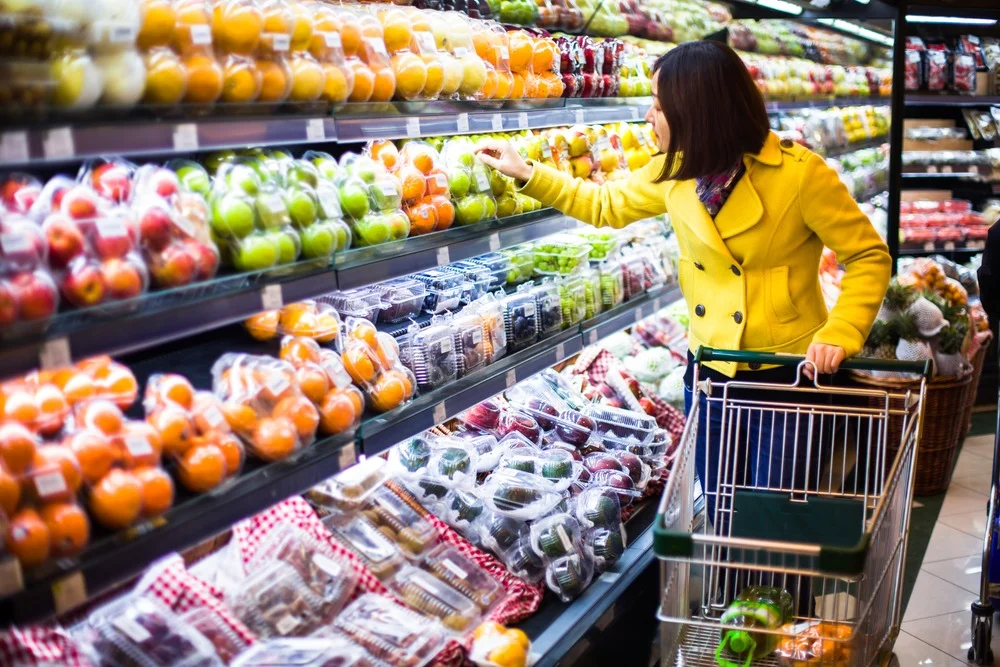



Article by: Hari Yellina
As inflation rises and incomes stagnate, Australians are feeling the squeeze in their routine food shopping, particularly when it comes to fresh fruit. Some large supermarkets have been asking as much as $12 for a single head of iceberg lettuce, forcing fast-food giant KFC to bulk out its burgers and wraps with cabbage due to the price increase. Not quite, because these price increases aren’t solely due to inflation. Produce cultivated in flood-affected and severe-weather-affected areas, such as the Lockyer Valley in south-east Queensland, is fetching substantially higher prices than typical.
So, how can you save money at the supermarket? “You can typically detect the more seasonal vegetables because it’s cheaper,” said Leanne Elliston, a qualified practising dietitian with Nutrition Australia. “Stuff that isn’t in season gets brought in from elsewhere… You’ll have to pay additional money. “Look at the origins of the fruit; if it’s grown locally and in season, the pricing should reflect that.” Seasonal shopping is not only cost-effective, but it is also healthier. “Eating with the seasons is actually really excellent because it gives you more diversity in your diet,” Anika Rouf, a certified practising dietitian and spokesperson for Dietitians Australia, said. Fresh produce’s contents can degrade with time, especially water-soluble vitamins like vitamin C.
As a result, the faster fruit and vegetables get from the farm to the retailer, the better. Dr. Rouf suggested looking into the Seasonal Food Guidance, which provides a national guide as well as state-by-state breakdowns. Meat is usually marked down shortly before it expires, and if you take advantage of those promotions, you may stock up on meat for less. Everything you don’t eat right now can be frozen and eaten later. Make sure to freeze it before the expiration date. If you’ve frozen meat that’s past its expiration date, prepare it as soon as it’s defrosted, according to Lydia Buchtmann of the Food Safety Information Council.
“The most important thing is to establish a plan,” stated Dr. Rouf. “Before you go shopping, have a look in your refrigerator.” She suggested organising your meals around using up what you already have — and doing so before going shopping. This will ensure that you reduce food waste, allowing you to buy fewer items and keep your budget in check.